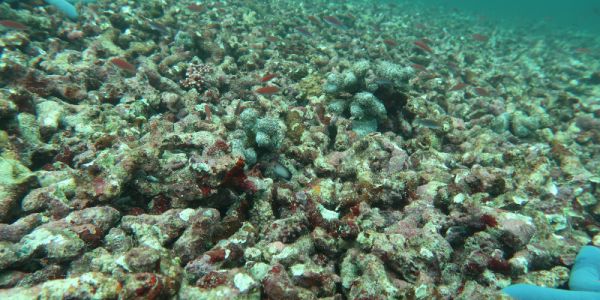
Paris Agreement limits still catastrophic for coral reefs
Limiting global warming to 1.5°C above pre-industrial levels will still be catastrophic for coral reefs, new research suggests.

Limiting global warming to 1.5°C above pre-industrial levels will still be catastrophic for coral reefs, new research suggests.
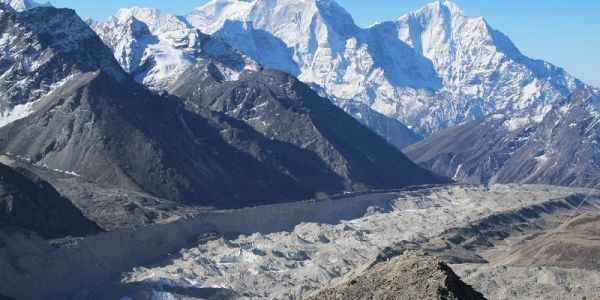
The accelerating melting of the Himalayan glaciers threatens the water supply of millions of people in Asia, new research warns.
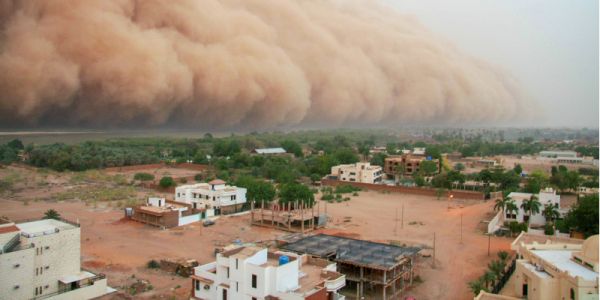
The University of Leeds has been awarded the country’s most prestigious higher education honour.

For at least the last 30 years, not a single country has met the basic needs of its residents without overconsuming natural resources, according to new research led by the University of Leeds.
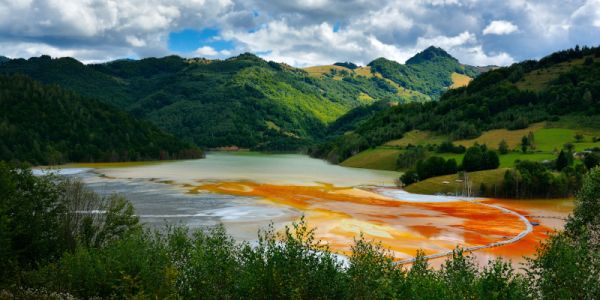
Experts can make crucial decisions about future biodiversity management by using artificial intelligence to learn from past environmental change, according to a new study.
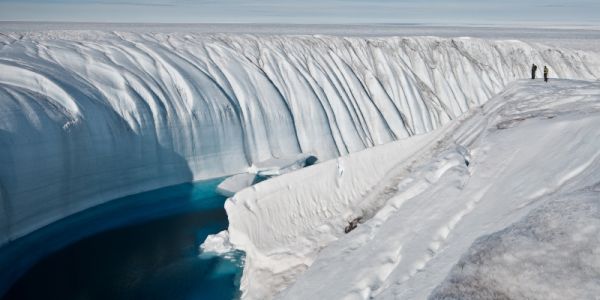
Global warming has caused extreme ice melting events in Greenland to become more frequent and more intense over the past 40 years according to new research, raising sea levels and flood risk worldwide
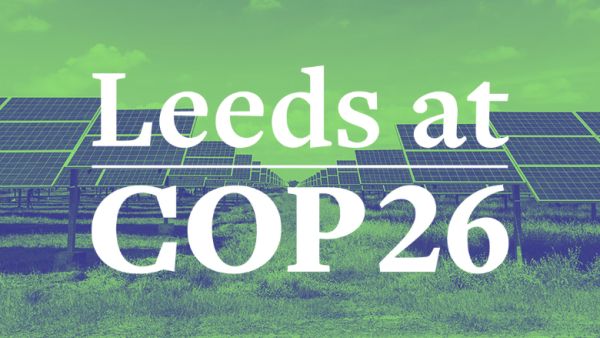
Leeds climate researchers working to tackle the environmental crisis and help the world achieve net zero carbon emissions are preparing to address 200 world leaders at COP26.

Parts of the Earth will be uninhabitable by 2500 if the current level of effort to address the climate crisis is maintained, a new study predicts.
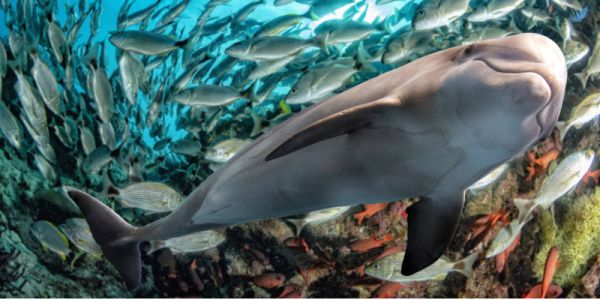
A new system for sampling fragments of DNA from marine organisms drifting in the ocean is set to create new opportunities for research into biodiversity and ways of supporting conservation activities.

Large carnivore populations are expanding across Europe and experts are calling for increased support for communities to encourage harmonious relationships with their new neighbours.